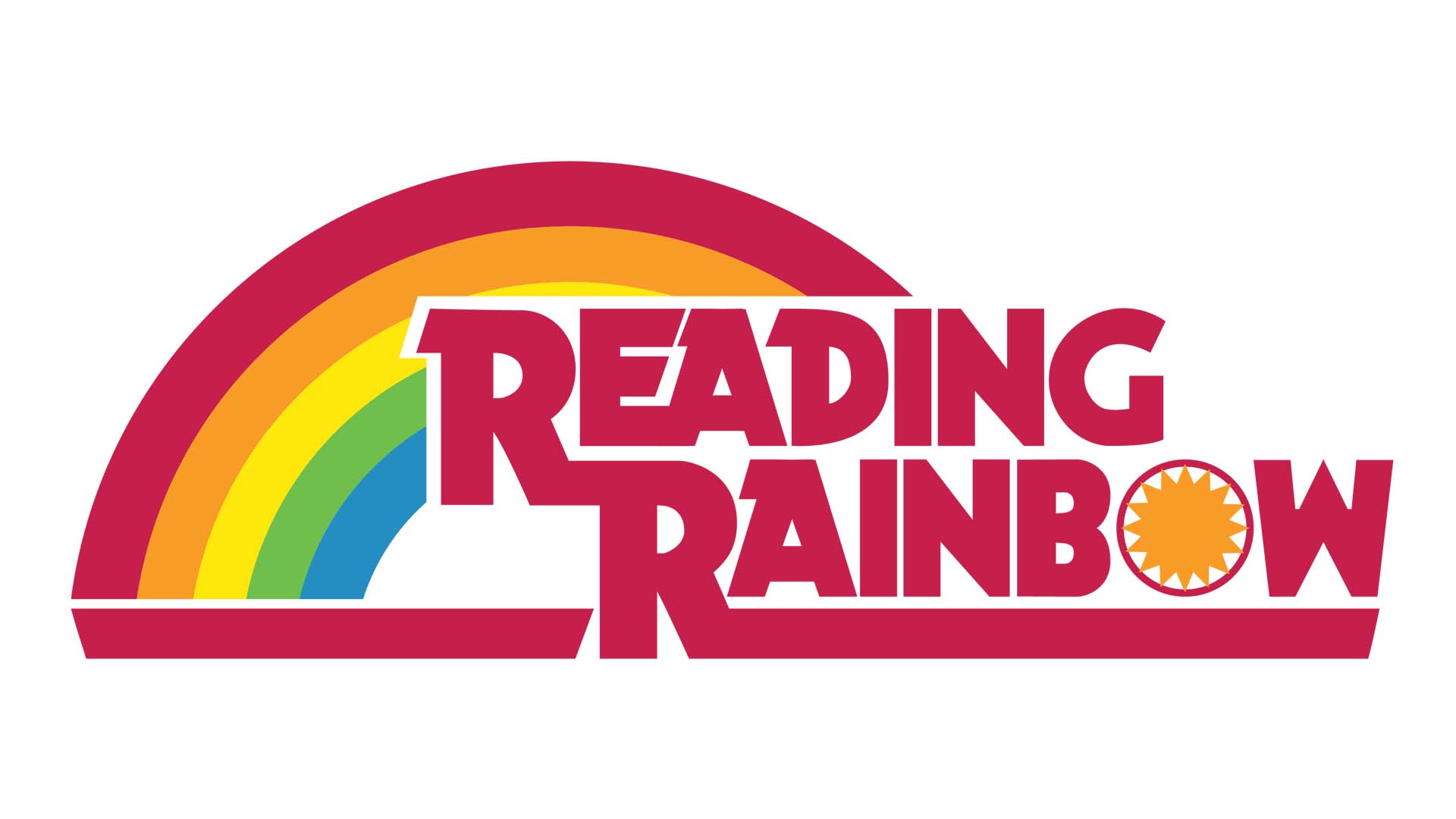Over the Memorial Day weekend, I had the pleasure of watching a new documentary about the PBS television show Reading Rainbow, Butterfly in the Sky (you can see the trailer at this link). Within the trailer, one of the producers for the show notes: “Reading Rainbow was not about learning to read, it was about loving to read.” With host Levar Burton, children were taken on a journey through the books and related topics, touching on things both interesting and personal (episodes about loneliness, bullying, divorce, and more). Before this becomes a post on the wonders of Reading Rainbow, what sticks out to me is the mission: “it was about loving to read.”
In last week’s post, I referenced an article entitled “Academic reading as a grudging act,” where the authors report (unsurprisingly) that students find academic reading overwhelming, difficult, a chore, and sometimes pointless. While I addressed reframes and strategies for each of these, it stuck with me that there’s also a fundamental objective that often goes unstated: we may want our students to care, to enjoy, to appreciate what it is we teach and they learn. How would we observe and know that a student cared, that they loved or appreciated an idea or a process? Yet, learning has been cast as consisting of multiple domains: cognitive, affective, psychomotor.
Benjamin Bloom is often credited with the Taxonomy of Learning. While these emphasize different ‘levels’ of knowledge, from recall to understanding to comparison and analysis, other classifications of objectives do indeed include ideas such as learning to value a subject, an idea, etc. From this perspective, an additional question emerges: how (in the world) do we get students to value reading, or whatever it is that you want them to care about in your course?
I don’t have an answer here, but I know that the answer is not just assigning reading without context, or assigning reading that we don’t discuss in class, assigning reading that we might not enjoy ourselves (when was the last time you read a textbook for fun?). These are the questions and conversations I want to engage in with instructors: what do you want them to care about? What do you want them to remember?
If reading, writing, or other aspects of learning are merely tasks to be completed, without any reference to the experience of reading, the experience of making art, of learning, then we ought not be surprised when students respond by looking for ways to solve these problems, whether or not any learning takes place. While I don’t normally like to use long quotes in writing, the one below summarizes an instructor’s reflections on the choices their students made to use (or not):
“Learning has been reduced to a problem and here is a technological solution to help solve it. Now that generative Ai technologies are commonplace, educators are going to need to fundamentally examine and articulate the importance of human skills and the value they have. Otherwise, many students will simply adopt the tools uncritically as solutions and stand-ins for many of the core skills we associate with learning.”



